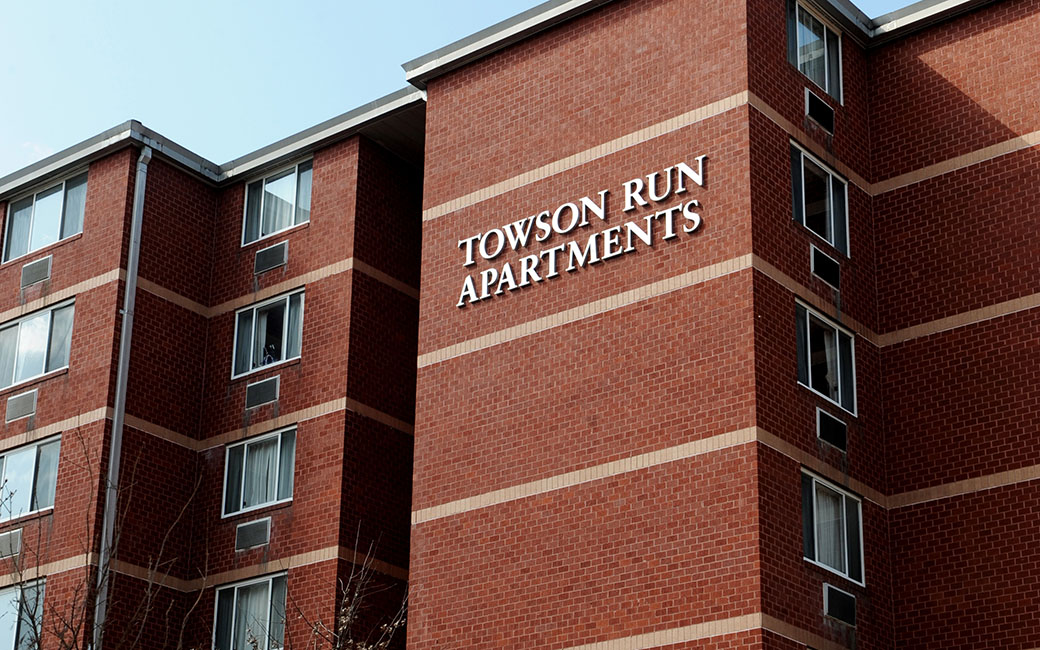Contact Information
Dean of Students Office
Location
Administration Building, Room 237
Hours
Monday - Friday
8:00 a.m. - 5 p.m.
8:00 a.m. - 5 p.m.
So you’ve found a place to live, signed a lease, and moved into an apartment or house. Now it’s time to learn to be the best tenant, roommate, and neighbor you can be.

Have a clear verbal (or written) understanding of each other's lifestyle, how the apartment will be managed, and what you expect of each other. Consider the following questions: